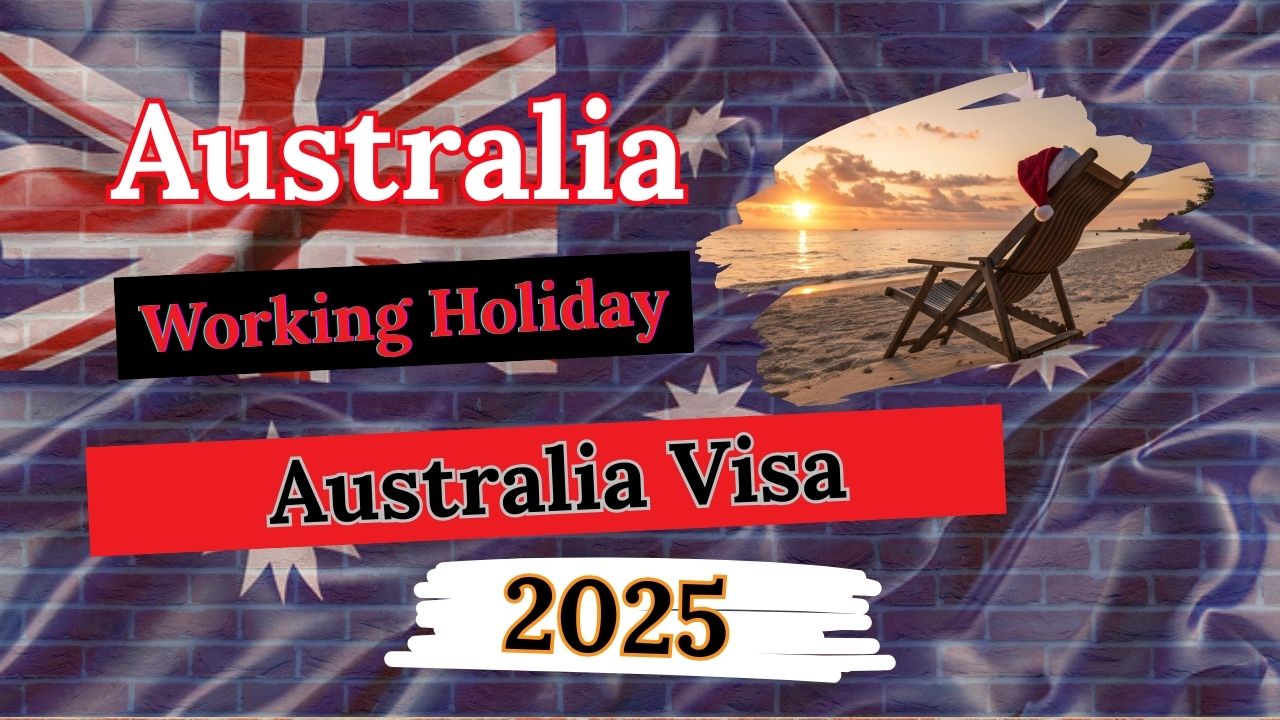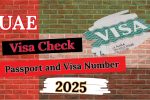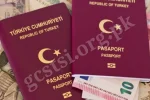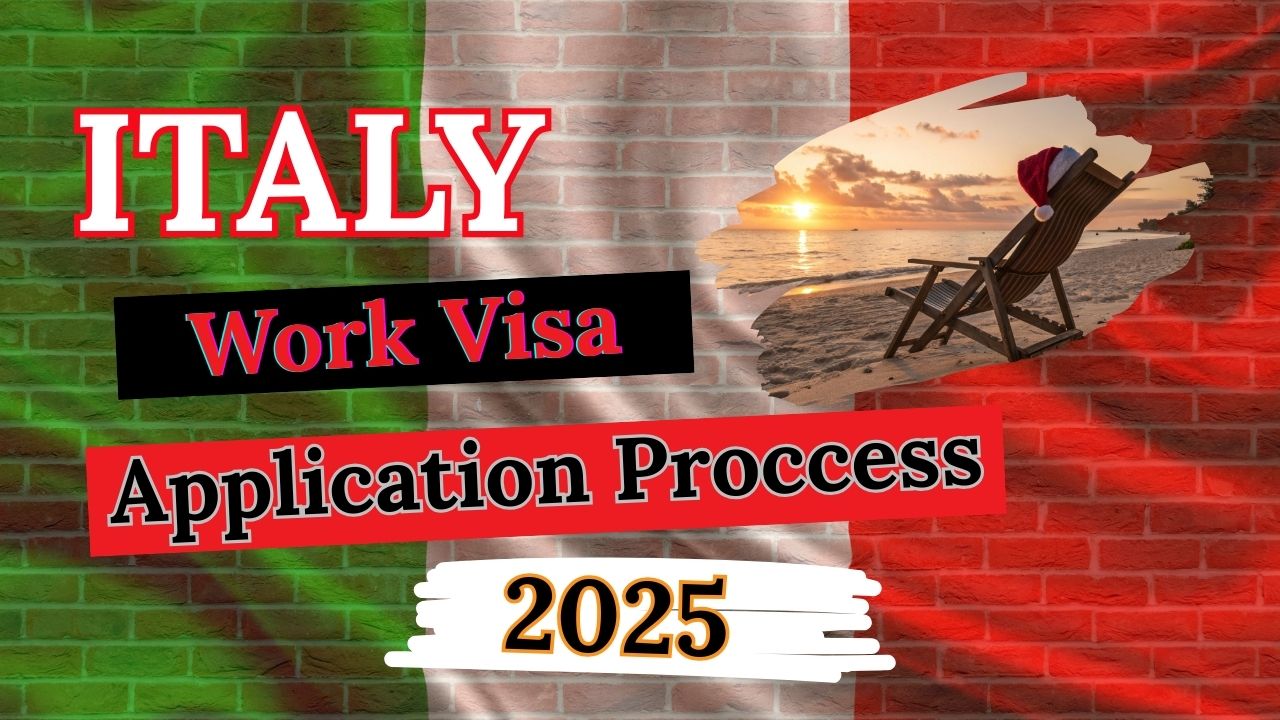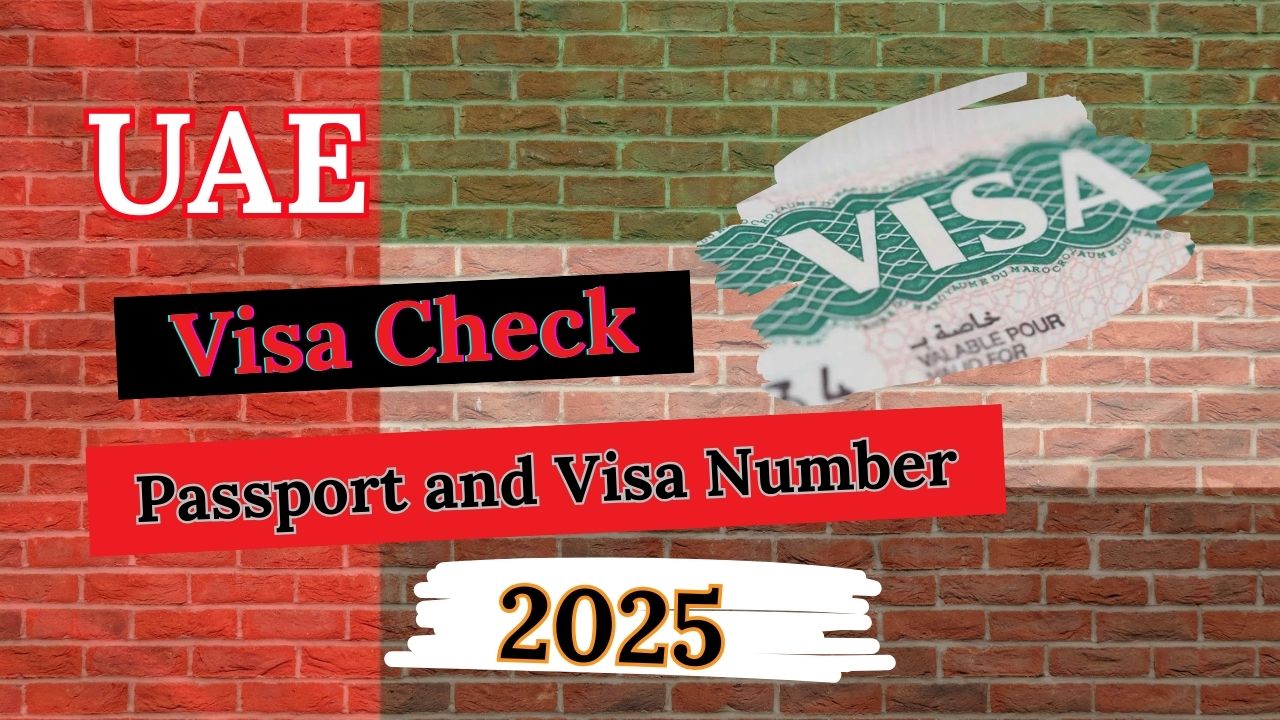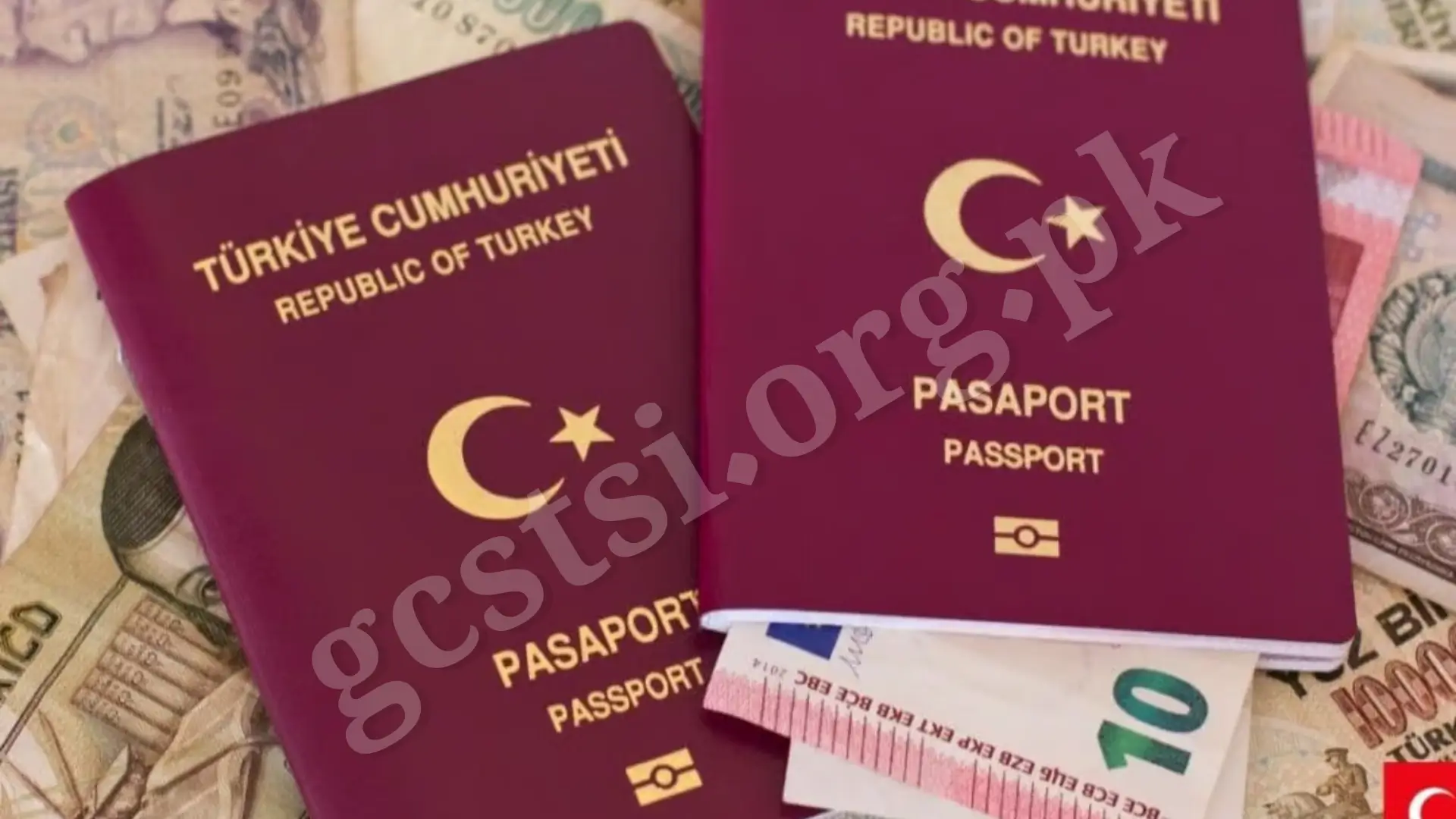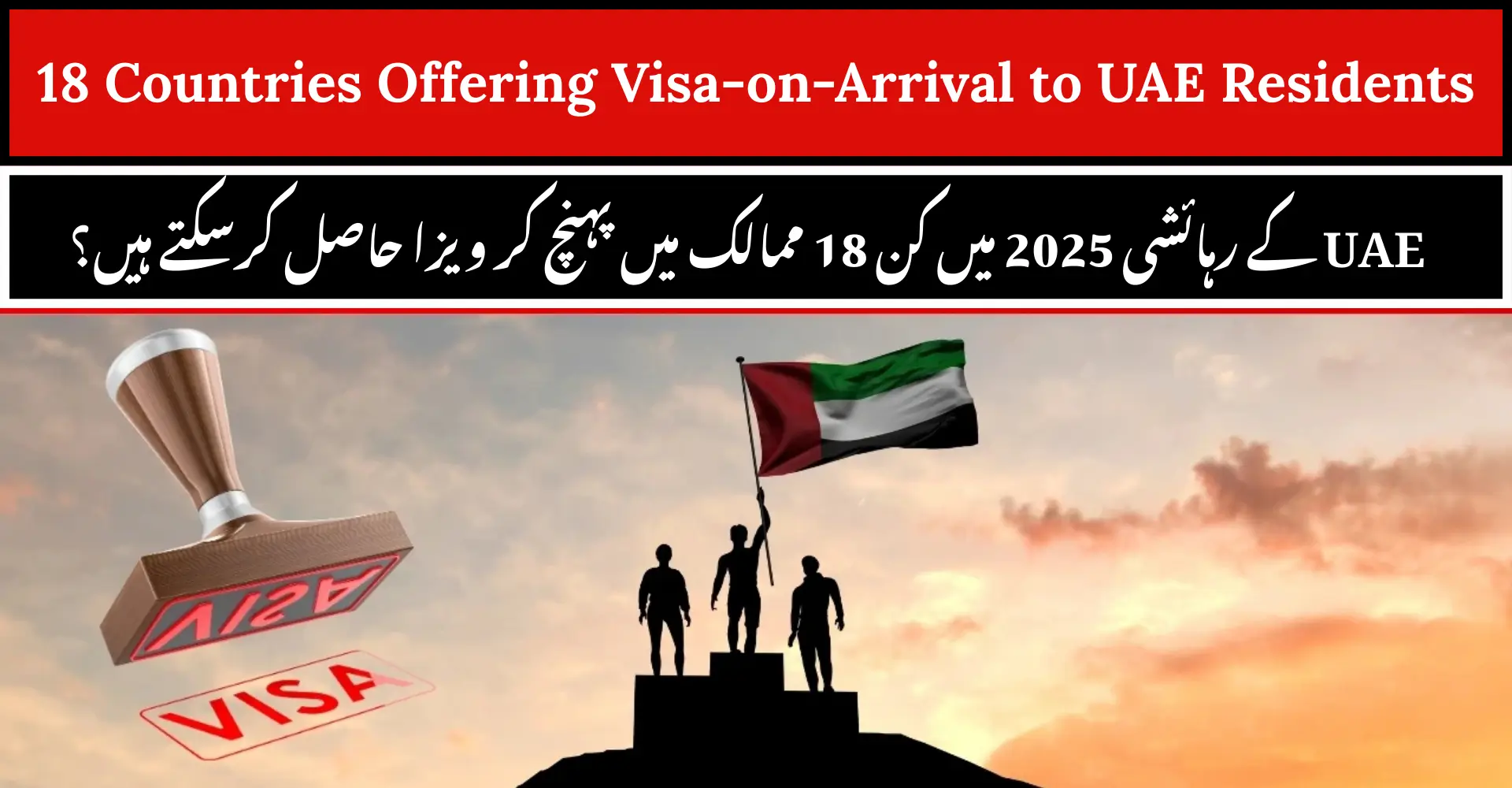Australia is one of the most popular destinations for young travelers seeking adventure, work experience, and international exposure. The Australia Working Holiday Visa (WHV) 2025 allows young adults to explore the country while earning money to support their travels. Whether you want to backpack along the coast, work on a farm, or gain experience in hospitality, this visa makes it possible.
This guide provides complete information about the Working Holiday Visa subclasses 417 and 462, including eligibility, requirements, costs, allowed work types, extensions, travel tips, medical insurance, cost of living, and FAQs.
What is the Australia Working Holiday Visa?
The Australian Working Holiday Visa (WHV) is a temporary visa for young adults aged 18 to 30 years (or 18 to 35 for some countries), allowing them to live, work, and travel in Australia for up to 12 months.
Visa Subclasses:
| Subclass | Eligible Countries | Notes |
|---|---|---|
| 417 | UK, Canada, Ireland, Sweden, Japan, France, Germany, Italy, Netherlands, Belgium, Finland, Hong Kong, Malta, Norway, Taiwan, Cyprus | For countries with bilateral working holiday agreements. |
| 462 | USA, China, Indonesia, Argentina, Austria, Brazil, Chile, Czech Republic, Ecuador, Greece, Hungary, Luxembourg, Malaysia, Peru, Poland, Portugal, San Marino, Singapore, Slovakia, Slovenia, Spain, Switzerland, Thailand, Turkey, Uruguay, Vietnam | Requires additional educational qualifications and/or English proficiency. |
The visa promotes cultural exchange, tourism, and short-term employment to support your travels.
Benefits of the Working Holiday Visa
- Stay in Australia for 12 months.
- Work legally to fund your travels.
- Travel freely across Australia.
- Study for up to 4 months.
- Apply for second and third-year visas after completing eligible work in regional areas.
- Experience Australian culture, lifestyle, and natural beauty.
Who Can Apply for the Working Holiday Visa?
Eligibility requirements for WHV 2025:
- Age 18–30 years (18–35 for UK, France, Ireland, Canada).
- Hold a valid passport from an eligible country.
- Outside Australia when applying (for first-time applicants).
- Minimum AUD $5,000 in savings.
- No dependent children accompanying you.
- Meet health and character requirements.
- Not previously entered Australia on a Working Holiday Visa (for first-timers).
Required Documents
Applicants must prepare the following:
- Valid passport with at least 6 months validity
- Recent passport-sized photograph
- Bank statement showing minimum AUD $5,000
- Return flight ticket or proof of funds to purchase one
- Health insurance (optional but recommended)
- Police clearance certificate (if requested)
- Academic qualifications (for Subclass 462 applicants)
Ensure all documents are authentic and correctly scanned for online submission.
Step-by-Step Application Process
Step 1: Create an ImmiAccount
Go to the Australian Immigration Website and create an ImmiAccount to submit and track your application.
Step 2: Fill Out the Application Form
- Select the correct subclass (417 or 462)
- Fill in personal information
- Upload required documents
- Answer health and character questions
Step 3: Pay the Visa Fee
- Visa fee: AUD $635 (subject to change)
- Payment: Online via credit/debit card
Step 4: Wait for Processing
- Standard processing: 1–5 weeks
- Additional documents may be requested
Step 5: Receive Visa Grant Notification
- Approved applicants will receive a Visa Grant Notice via email
- Book flights and prepare for your adventure in Australia
Allowed Work on a Working Holiday Visa
You can work in most industries, including:
- Hospitality and tourism
- Farming and fruit picking
- Construction and labor work
- Retail and customer service
- Childcare or au pair roles
Note: You can work up to 6 months with one employer unless special permission is granted.
Eligibility for Second and Third-Year Visa
| Visa | Required Regional Work | Eligible Industries |
|---|---|---|
| 2nd-year | 88 days (3 months) in regional Australia | Fruit picking, farm work, tree planting, fishing/pearling, regional construction, bushfire/flood recovery |
| 3rd-year | 6 months of specified regional work | Same industries as second-year visa |
Cost of Living in Australia
While wages are high, living costs are also considerable:
| Expense | Estimated Cost (AUD) |
|---|---|
| Food & groceries | 300–500 per month |
| Transport | 100–150 per month |
| Entertainment / Tours | 200+ per month |
| Accommodation | 150–400 per week (hostels / shared housing) |
| Wages | 20–30 per hour (hospitality, farming) |
Medical Insurance
- Not mandatory but highly recommended
- Some countries have reciprocal healthcare agreements (UK, Sweden, Norway)
- Purchase Working Holiday Insurance from international providers to cover medical emergencies
Travel and Lifestyle Tips
- Apply early to avoid delays
- Plan finances carefully; budget for accommodation, food, and activities
- Travel off-peak for cheaper accommodations
- Network through backpacker forums and Facebook groups
- Be flexible with job types and work locations
- Explore Australia’s natural wonders: beaches, national parks, and wildlife
Things to Avoid
- Applying under the wrong subclass
- Not meeting age or passport eligibility
- Submitting incomplete or false documents
- Ignoring local work regulations for extensions
- Overstaying the visa without proper renewal
FAQs
1. Can I apply from inside Australia?
No, first-time applicants must apply from outside Australia.
2. Can I study on this visa?
Yes, up to 4 months of study is allowed.
3. Can I apply for a second or third-year visa?
Yes, after completing required regional work for eligible industries.
4. Is medical insurance mandatory?
No, but highly recommended to avoid high medical costs.
5. Can I bring my partner or children?
No, this visa is for individual applicants only.
6. How long does processing take?
Typically 1–5 weeks, depending on document verification and subclass.
7. Can I work anywhere in Australia?
Yes, but work with the same employer is limited to 6 months.
8. What types of jobs qualify for visa extension?
Regional work like farm work, fruit picking, tree planting, fishing, pearling, bushfire recovery, and regional construction.
Conclusion
The Australia Working Holiday Visa 2025 offers an incredible opportunity to explore, work, and experience Australian culture. With flexible employment options, beautiful landscapes, and a vibrant backpacker community, this visa is not just a travel document—it’s a life-changing adventure.

